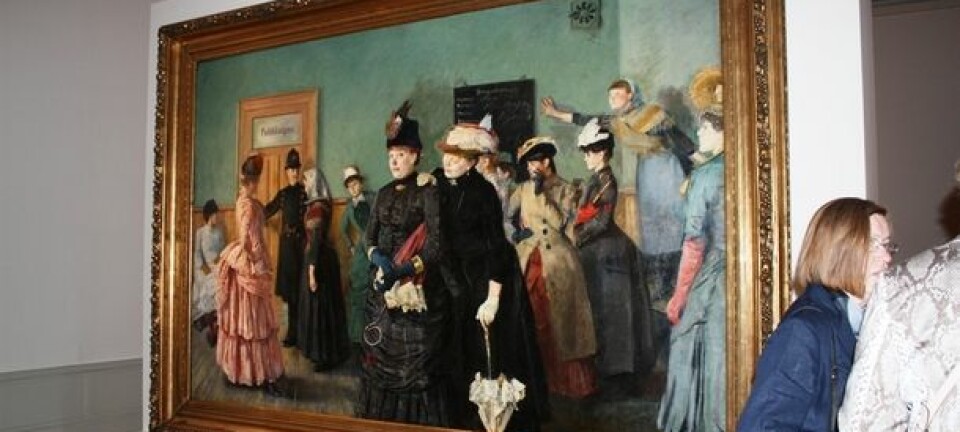
Myths about the prostitute lifestyle
Public debate portrays prostitutes as either victims of human trafficking or strong, independent women who have made a personal choice. However, research reveals an altogether different reality.
Thai prostitutes in Denmark are not victims of human trafficking, nor are they strong, independent women who choose to make a living by selling sex because they want to.
Rather, when they opt to sell sex, it is because they regard prostitution as the lesser evil of a series of unattractive options.
“Some of them prefer to work at a massage parlour rather than cleaning corporate buildings at four in the morning. The massage parlour offers better working hours as well as a sense of community,” says Marlene Spanger.
She has written the PhD thesis ‘Destabilising sex work & intimacy’ at the Department of Society and Globalisation at Roskilde University.
Married off to Denmark
Some of them prefer to work at a massage parlour rather than cleaning corporate buildings at four in the morning. The massage parlour offers better working hours as well as a sense of community.
In her research, Spanger interviewed and observed Thai prostitutes in Denmark and closely followed 14 Thai prostitutes in Copenhagen.
In her view, the lives of the Thai prostitutes are very far from the opposing stereotypes of victim and independent woman that dominate the debate.
“The Thai women all have residence- and work permits. They have come here through marriage. Many have fallen in love with Danish men, while others have entered marriages of convenience in order to gain entry to the Western countries,” she says.
Black and white debate
There are both married women and divorcees among the prostitutes. Some are working without their husband’s knowledge, but in most cases the husband is in the know.
What all these women have in common is a duty to provide for their families. Their identities as mother, wife and migrant are inextricably intertwined and are not static elements.
However, nothing in Spanger’s research indicates that the husband has taken up the role of the pimp – the procurer of customers.
“There is no indication that the men have entered the marriages with a view to making the women work for them as prostitutes. On the contrary, some of the women may have used the men to gain entry to Denmark,” she says.
The women are able to draw a very clear line between prostitution and private life. For example, they don’t feel that they are being unfaithful to their husbands when they have sex with other men at the massage parlour.
Reproduces stigmatisation
According to the researcher, the debate on prostitution is excessively simplifying, making the matter seem very black and white. She believes her thesis reveals the hidden nuances:
“What all these women have in common is a duty to provide for their families. Their identities as mother, wife and migrant are inextricably intertwined and are not static elements."
She believes the debate focuses one-sidedly on them as either victims of human trafficking or independent women who sell sex without having any problems with it.
“What I’ve found is that reality is more complex than that. Some have social problems, and others don’t.”
One of the problems the women are confronted with is the stereotype of the Thai woman and lady boy as prostitutes, a stereotype that stigmatises the women and discriminates against them.
“On the one hand, they are contributing to the reproduction of this stereotype. But on the other hand, they are also undermining it,” she says.
---------------------------
Read this article in Danish at videnskab.dk
Translated by: Iben Gøtzsche Thiele








